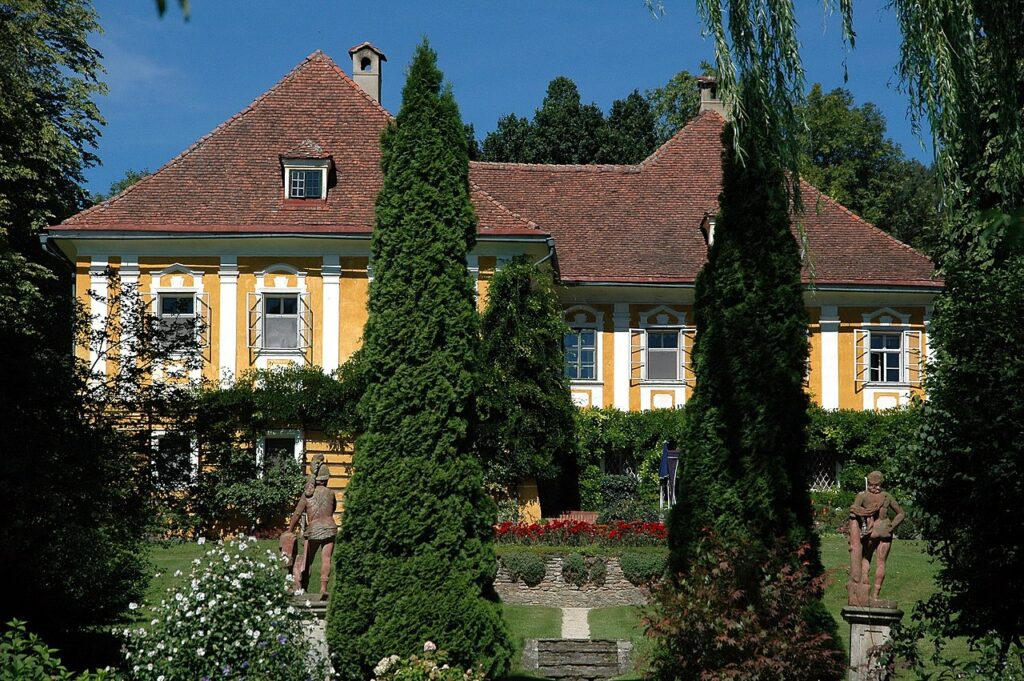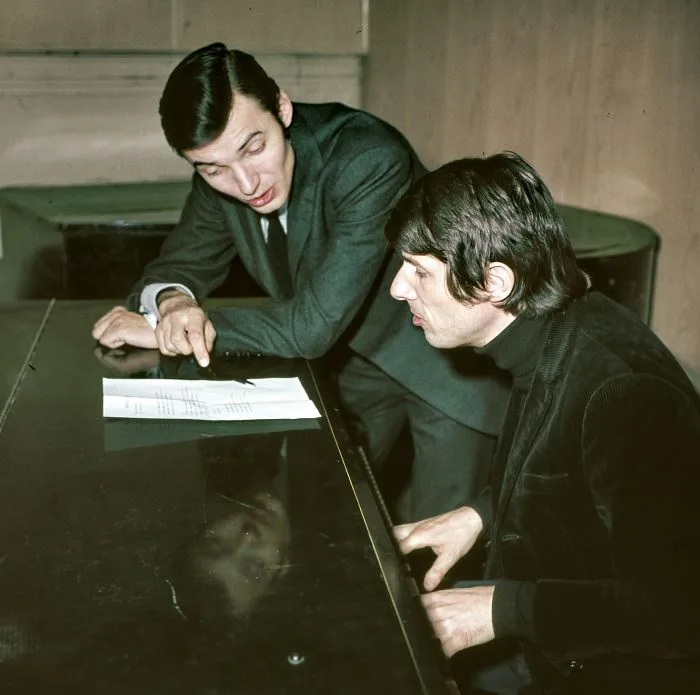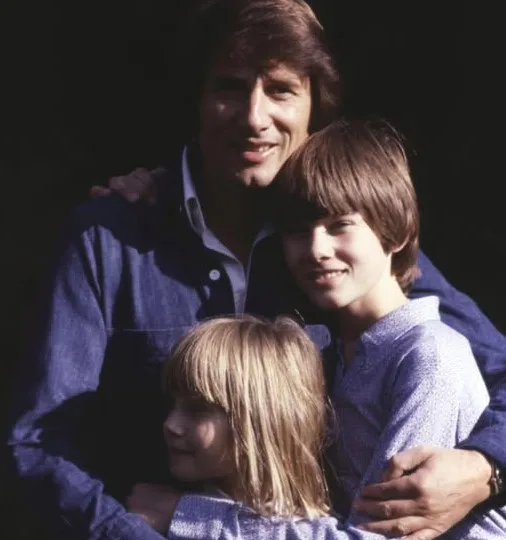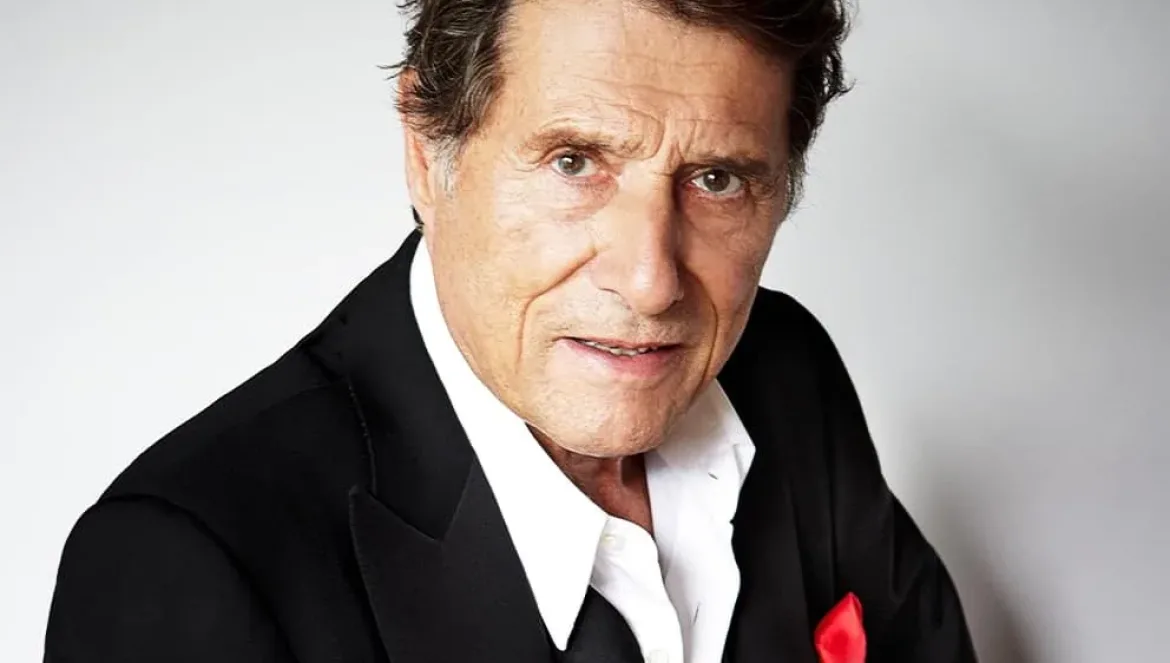"The artist is a comedian and is never taken seriously. We're great for entertainment, we can make people cry or make people laugh - both are infinitely important. But when it comes to serious issues, we are ultimately not taken seriously, even though all the great changes in the world have been brought about by literature and philosophy. It is only long after their deaths that apparent madmen become demigods, when it becomes clear what a tremendous influence they have had on humanity. This is certainly true of the composers of classical music, the musicians of a light muse here and there. I may be a tiny pebble in the mosaic at this point, but the Beatles, the Rolling Stones, and other great pop and rock bands really did help change the world. They spawned a youth movement, and their ideals became part of our society." - Udo Jürgens
When the legendary singer, songwriter, composer and pianist died suddenly 10 years ago Udo Jürgens, Austrian popular music lost one of its greatest icons. Jürgens, who had lived in Switzerland since 1977 and took Swiss citizenship in 2007, was one of the most successful performers in German-speaking countries. He was sometimes compared to the French chansonnier Gilbert Bécaud. He started his singing career in the late 1950s and had a concert tour planned even at the time of his unexpected death. In a career spanning more than fifty years, he sold over one hundred million records and composed over a thousand songs, making him one of the world's most successful musicians. He was one of the few to have a lifetime contract with Polydor, and in Europe only his Austrian colleague Peter Alexander and Karel Gott had such contracts.
Udo Jürgen Bockelmann, as he was originally called before he changed his name, was born on 30 September 1934 in Klagenfurt, Austria, but grew up with his brothers John and Manfred in the Ottmanach Castle in Carinthia, which his grandfather, the banker Heinrich Bockelmann, had purchased for the family.

As a child, Udo played the accordion and taught himself to play the piano. His father Rudolf Bockelmann, the mayor of Ottmanach, recognized his talent and encouraged him. As the son of a wealthy banking family, however, Udo was a thorn in the side of the local Hitler Youth, which almost ruined his musical career. They once gave him such a beating that he has been hard of hearing in one ear ever since. Fortunately, his musical career did not suffer.
He dropped out of grammar school a year before graduation and began studying music first at the Carinthian State Conservatory (now the Gustav Mahler Private Music College) in Klagenfurt and then at the renowned Mozarteum University in Salzburg.
Already in 1950 he was the youngest of the 300 participants in the Austrian Radio Composition Competition with his song Je t'aime. In addition, he performed under the stage name Udo Bolan in small bars and dance cafés. Accompanied by a drummer and a bassist, he played piano and sang mainly jazz and swing music as well as popular music at the request of the audience.
His first successful hit Jenny was released in 1959 and immediately topped the German and Austrian charts. A year later he composed another hit Reach for the Stars for Welsh singer Shirley Bassey. Later he also wrote songs for Frank Sinatra, Sammy Davis Jr., Gilbert Becaud, and several for Karel Gott. They met in the 1960s and became longtime friends. Czech versions of Jürgens' compositions were in their repertoire, for example, Jaromír Mayer - How not to ask, Milan Chladil - Beautiful seventeen, Judita Čeřovská - Greetings from a good friend or Karel Gott - Never mind, I welcome the wind in the valley.

In 1964, Jürgens represented Austria for the first time at the international Eurovision Grand Prix music competition and came 5th. In 1966, he was already a member of the Merci Cherie the first and with this victory he definitely asserted himself. The song sold over one million copies and Jürgens was awarded a gold disc by Deutsche Vogue.
A large number of concerts, successful albums and singles in several languages followed. He also performed in Prague's Lucerna, Pardubice and in Bratislava at the Bratislava Lyra competition. In 1967 he played himself in the first episode of the Czechoslovak Television series Song for Rudolf III. with songs Sag mir wie a Nobody Knows, Tell me how a Nobody knows. In 1968 he composed a song for Karel Gott Tausend Fenster, A thousand windowswith which Gott participated in the Eurovision Song Contest in London, where he represented Austria. The song did not make a splash, but German-speaking listeners took a liking to Gott and his frequent trips to the West began.
Jürgens' song was a great success Buenos Días, Argentina which he presented together with the German national football team in 1978 in Argentina. It was sung in English by Marty Robbins and in German with an unmistakable Spanish accent by Julio Iglesias. Jürgens' singing of the opening theme from the German version of the successful American animated series Tom and Jerry was also well received by the children's audience. Vielen Dank für die Blumen 1981.
In 1972, he wrote a musical called Helden, Heldenbased on the game G. B. Shaw Heroes. In December 2007 the musical had its world premiere in Hamburg I've Never Been to New York. All the songs were written by Jürgens and his lyricists and sung by the actors. Jürgens has collaborated with top European and international songwriters and his concerts on his regular tours of German-speaking countries have been sold out without fail. In 1992, 220,000 people attended his concert in Vienna, one of the highest attendances in Europe.
Udo Jürgens was married twice, from 1964 to 1989 to the former model Erika Meier, known as Panja. They had two children, son John was born in February 1964 and daughter Jenny in January 1967. In addition to these, he also had two illegitimate daughters, Sonja born in 1966 and Gloria born in November 1994.

In July 1999, he married for the second time in New York, to his long-time partner Corinna Reinhold, with whom he had lived in Switzerland since 1997. They divorced in 2006, and Jürgens maintained a relationship with journalist Michaela Moritz until his death, and in 2004 she wrote the story of his family and early career in a novel Man with bassoon. This novel was made into a film in 2011.
The years went by, but Jürgens was still active, doing concert tours into old age, appearing on TV shows and music programs. In 2013, he was awarded the Bambi Lifetime Achievement Award.

His last studio album Mitten In Leben, In the middle of life, was released in February 2014 and became a box office hit. The album was accompanied by twenty-six hopelessly sold-out concerts before Christmas, which were attended by over one hundred and seventy thousand people.
Udo Jürgens last performed on 7 December 2014 at the sold-out Hallenstadion in Zurich. In February 2015, the tour was to continue with another twenty-three concerts, which were also largely sold out. Unfortunately, they did not happen again.
He suffered a severe heart attack while walking in his favourite Gottlieben, near Lake Constance, where he lived, and died after being taken to hospital despite the best efforts of doctors on 21 December 2014. He was 80 years old.
This age was symbolic for his family and he feared it; his father had died at eighty and so had his mother. In a letter to her father on the first anniversary of his death, his daughter Jenny wrote: "You always used to say, 'A man is dead when no one remembers him.' If that is really true, dear father, you are immortal."
Wikipedia / Facebook / Gnews.cz - Jana Černá



